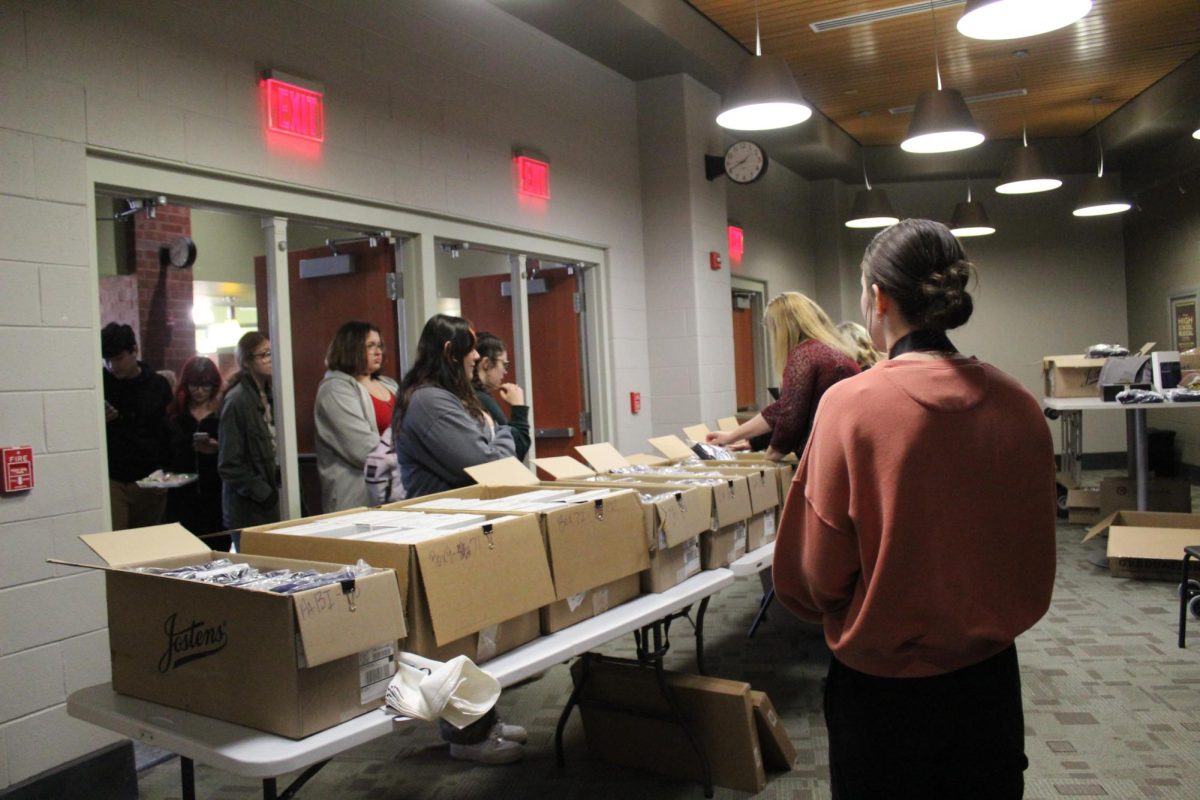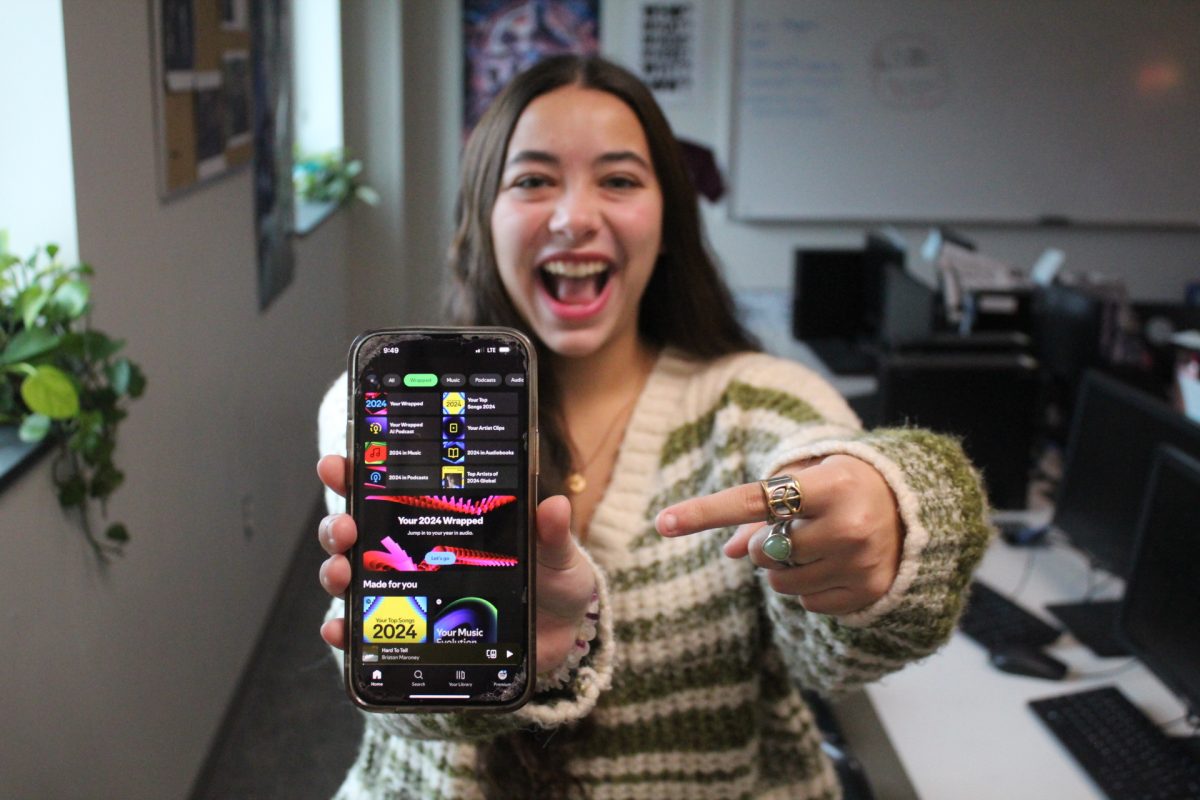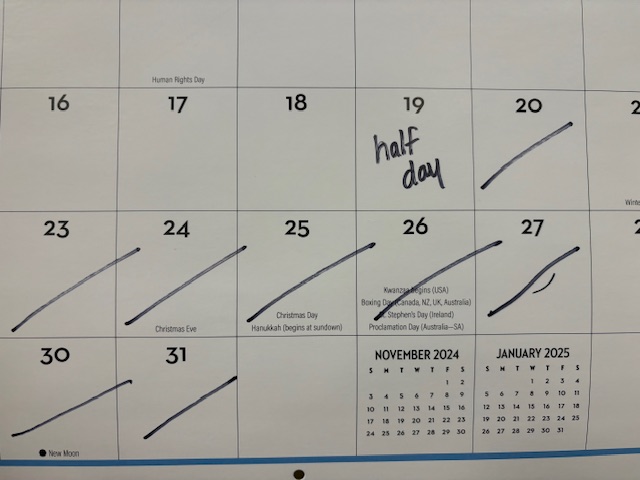Gen Z is doomed is what I would say if I fed into the narrative on that generation’s future.
(Not sure what Gen Z is? According to Zendesk.com, “Members of the Gen Z years were born between 1997 and 2012. So as of 2023, the Gen Z age range is anywhere from 11 to 26.”)
Why do people say Gen Z is doomed? Rising inflation, uncertain job markets, climate concerns, political discontent and social tensions have resulted in the idea that Gen Z is doomed from the start. But I argue that this viewpoint is not true, and I am here to present a case for optimism.
First, let’s look at some key points that cause concern for Gen Z’s future. These include: increased addiction to social media, pornography, marijuana, and nicotine; more demanding academic expectations; lack of loyalty in jobs, relationships, and brands; decreased mental health and the loneliness epidemic; activism and social equality; rising inflation and unlivable wages; systemic issues, political corruption, and warfare; and environmental concerns.
At a glance, these issues seem to spell disaster for Gen Z. How can you be hopeful for a generation in which, according to a study by Harmony Healthcare It, 42% of participants say they have a diagnosed mental illness, yet are still expected to tackle the most pressing and complex issues the world has arguably ever faced? But to say that Gen Z, and by extension, humanity, is doomed is to completely undermine and assume the worst for a generation that still has the potential to take the world head-on and improve it for the better.
So what makes Gen Z unique, and how will they fix things? Let’s start with the obvious: This generation is by far the most technologically literate and isn’t afraid to use this to their advantage. Yes, there is tech abuse that leads to addiction, but we forget that our devices are a tool used for school and work every day, not just for entertainment. Gen Z is also very open about their mental health, completely squashing the precedent set by prior generations that “sucking it up” or “dealing with it” is how you improve.
This generation is willing to talk about the elephant in the room in discussions about mental health. This is exceedingly important due to the apparent mental health crisis in younger people. This generation’s openness also applies to larger issues, like systemic corruption or human rights violations. Gen Z is not one to ignore these issues, and is not afraid to tackle them through mediums like activism.
Part of being well-versed in technology ties into Gen Z’s ability to learn independently and passively pick up new information. For example, apps like TikTok, which are constantly under fire for promoting useless content or “brain rot,” provide an influx of information. In addition to this, they also possess increased rationalization and pattern recognition, both of which point to an IQ increase, a phenomenon known as the Flynn Effect.
Even if it may not seem evident at times, this generation does possess a generally higher intelligence than preceding generations. Part of this strength also includes our ability to adapt to new situations quickly. In our ever-evolving world, people born on the precipice of rapid technological change are bound to fit into every advancement, big or small. This has become especially noticeable with the advent of AI such as ChatGPT and Google Bard, with students being able to condense new information into understandable terms, come up with ideas for projects, or flat-out write mock essays for classes. (Don’t do this, though. ZeroGPT exists, making it easy to check for AI plagiarism).
Activism and the desire to see change is powerful in Gen Z. Some say younger people don’t care about the world around them, but that couldn’t be further from the truth. Ever since the older side of the generation has been able to vote, voter turnout within the 18-29 age bracket has increased by roughly 8% and is likely to increase again with the upcoming presidential election, according to a study done by Tufts.
Gen Z also boasts a variety of young, accomplished activists such as Malala Yousafzai, the youngest person to receive the Nobel Peace Prize, who campaigned for girls in Pakistan to be allowed education. There are also people like Lesein Mutunkei, an environmentalist who combined his love for soccer with planting trees under the “Trees for Goals” initiative.
And it’s not just Gen Z activists changing the world for the better. People are volunteering in growing numbers. According to the United States Census Bureau, 23% of people over 16 did formal volunteer work during the height of the pandemic, with people ages 16-17 leading the volunteer workforce. It is clear that Gen Z isn’t just “talk”–they are willing to get involved and solve problems.
While it is uncertain to say which direction Gen Z is heading towards, one thing is for sure: It’s too soon to write their epitaph. This generation is continually opening the door for positive change, and that doesn’t seem to be stopping any time soon.







